The brilliant business strategy behind Elon Musk's flamethrowers
Four days, 500 flamethrowers, $10 million


Elon Musk, the billionaire entrepreneur and inventor, is known for a many number of things: his attempts to revolutionize space travel with SpaceX; his groundbreaking electric car company Tesla; his foray into solar panel proliferation via his acquisition of SolarCity. But one thing you probably don't associate with Musk? Zombies. Or, more specifically, how you'd survive in the event of a zombie apocalypse. Which is what makes the fact that he's selling millions of dollars worth of flamethrowers so seemingly bizarre. How does this fit in with his bigger business plans?
To understand Musk's thinking here, we have to do a little backtracking. Musk founded something called The Boring Company back in 2016. Its focus, he said, would be on digging underground tunnels (get it? "boring"?). The idea was to link cities, stop traffic congestion, and help weary drivers avoid road rage. Certainly, flamethrowers weren't part of the business plan. And yet, we learned last week that The Boring Company was selling 20,000 flamethrowers for $500 a piece. And sales have been booming. By Tuesday, he'd sold 17,500 units. By Thursday, he'd sold out entirely, raking in $10 million in the process. Who knew there was a market hungry for flamethrowers?
Musk knew. Or at least he knew that by introducing an outrageous off-brand product and marketing it toward an oddball niche market — apocalypse aficionados — he could generate buzz for his fledgling company, and lay the groundwork for some much loftier goals.
The Week
Escape your echo chamber. Get the facts behind the news, plus analysis from multiple perspectives.

Sign up for The Week's Free Newsletters
From our morning news briefing to a weekly Good News Newsletter, get the best of The Week delivered directly to your inbox.
From our morning news briefing to a weekly Good News Newsletter, get the best of The Week delivered directly to your inbox.
Musk started dropping hints about the flamethrower last December. When the pre-order page went live, he tweeted about the benefits of having one at your disposal during a zombie apocalypse. "Works against hordes of the undead or your money back!" he said. You've got to hand it to the guy — Musk knows a lucrative market when he sees one. Americans are obsessed with zombies; the genre rakes in a ton of money. One report from 2011 put the zombie economy's worth at more than $5 billion — and even said that was probably a low-ball estimate.
Musk promised the flamethrowers would "liven up any party." He even used some reverse psychology in an Instagram video to discourage people from buying the flamethrower while clearly having fun playing with one himself. Musk is also selling an accompanying fire extinguisher for $30. The company admits it's overpriced, but hey, it does come with a cool sticker! It seems the low-key, tongue-in-cheek marketing efforts worked. Orders started rolling in.
Back to our original question: Why is Musk selling flamethrowers? Aside from the obvious answers (because he can; because lighting stuff on fire is fun), the first and most obvious reason is money. Making a cool $10 million in a few days is a great way to generate revenue for The Boring Company, which is privately funded. Surely it doesn't cost $500 to make a flamethrower (The Verge aptly describes them as "roof torches strapped to Airsoft rifles"), so the profit margin on these babies should be pretty high. And by limiting the pool of available units, Musk is also forcing people to make a fast shopping decision with a common scarcity tactic: If you don't buy one now, you won't be able to get one later. Smart.
Another reason may be be proof of concept. If Musk can show that his company is able to raise capital with silly products, then surely he'll be able to finance underground tunnels when it's time to build them. This is key. Right now, The Boring Company is busy trying to get approval for a tunnel in Los Angeles. The goal is to build a 6.5-mile tunnel from Hawthorne to L.A., but the Culver City council has to sign off on it first. Getting this approval may be harder than convincing social media fans to buy an overpriced toy. The council has raised concerns about a privately owned company controlling transportation. Nevertheless, The Boring Company made a strong presentation and insisted on its ability to build the tunnels without public funding, and has already started to work on the tunnel beneath Hawthorne.
A free daily email with the biggest news stories of the day – and the best features from TheWeek.com
And then there's the buzz generated by such an off-brand product. Tunnels aren't very exciting on their own, and Musk isn't the only one who wants to build them. So media and public interest in The Boring Company can only help his case. Bravo, Musk.
Lana Bandoim is a freelance writer and editor. Her work has appeared on Yahoo! News, CNN iReport, The Huffington Post, Lifescript, Healthline, and many other publications.
-
 Are pesticides making florists sick?
Are pesticides making florists sick?Under the Radar Shop-bought bouquets hide a cocktail of chemicals
-
 Will Trump’s 10% credit card rate limit actually help consumers?
Will Trump’s 10% credit card rate limit actually help consumers?Today's Big Question Banks say they would pull back on credit
-
 3 smart financial habits to incorporate in 2026
3 smart financial habits to incorporate in 2026the explainer Make your money work for you, instead of the other way around
-
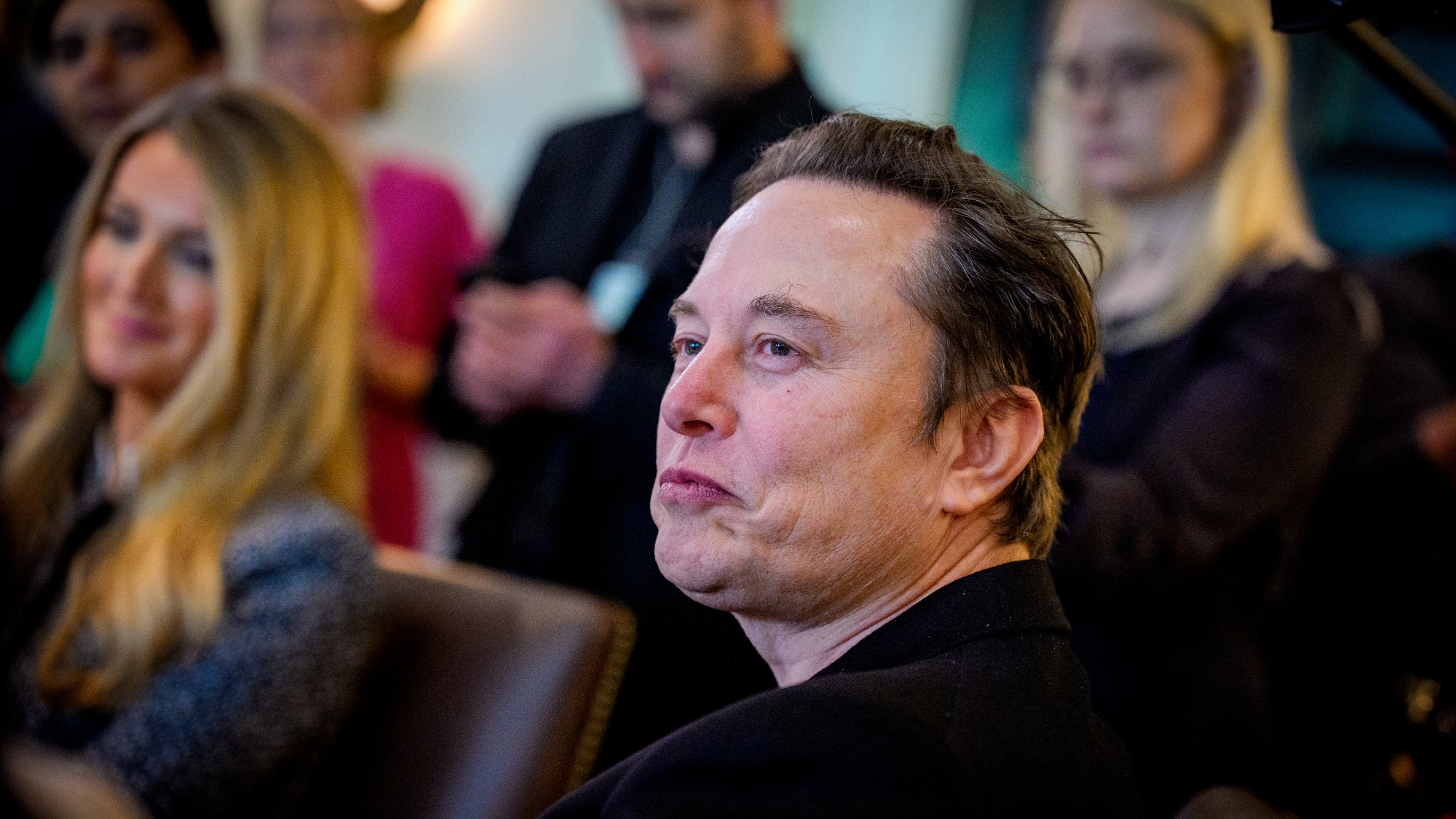 Musk wins $1 trillion Tesla pay package
Musk wins $1 trillion Tesla pay packageSpeed Read The package would expand his stake in the company to 25%
-
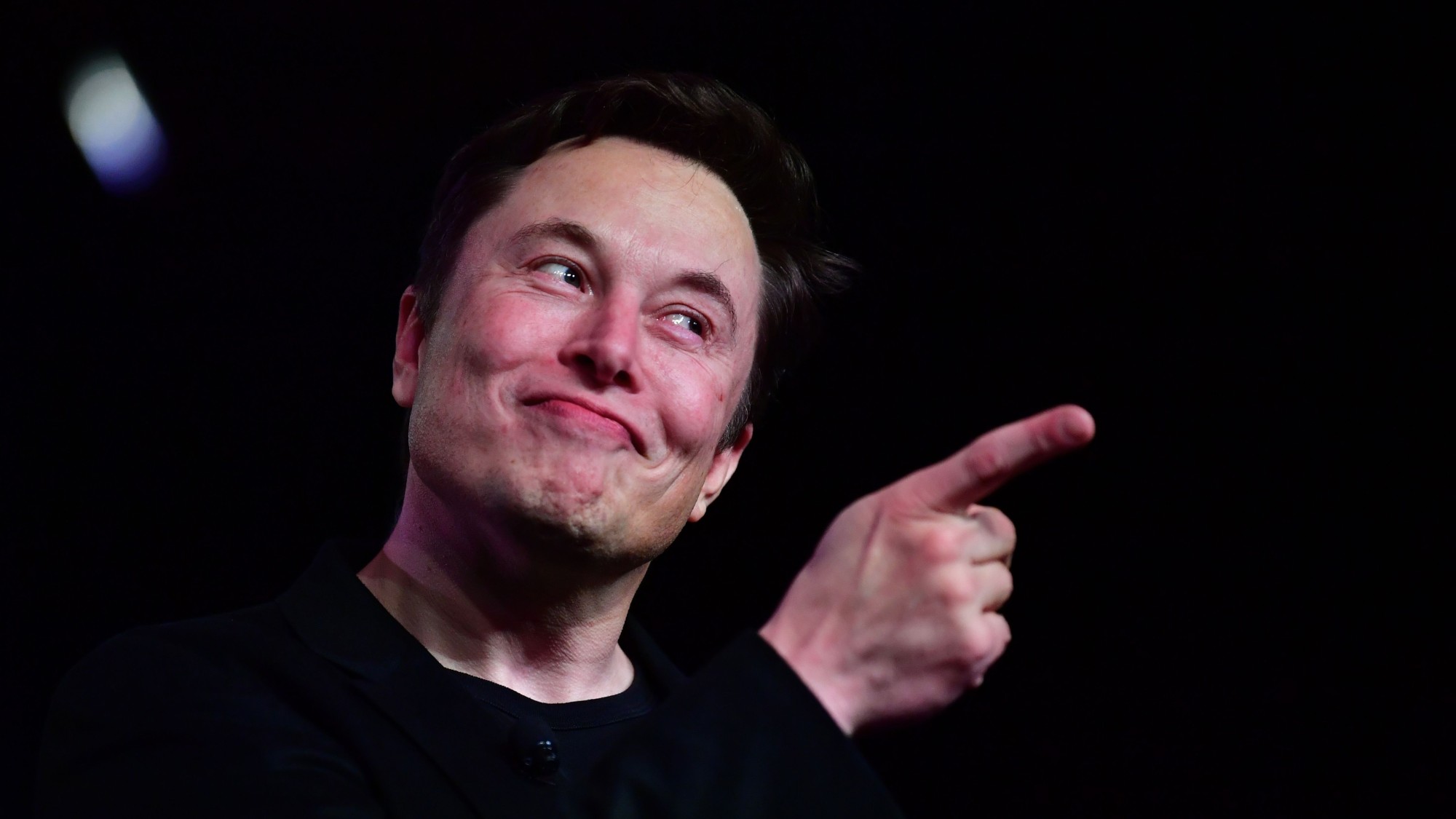 How Tesla can make Elon Musk the world’s first trillionaire
How Tesla can make Elon Musk the world’s first trillionaireIn The Spotlight The package agreed by the Tesla board outlines several key milestones over a 10-year period
-
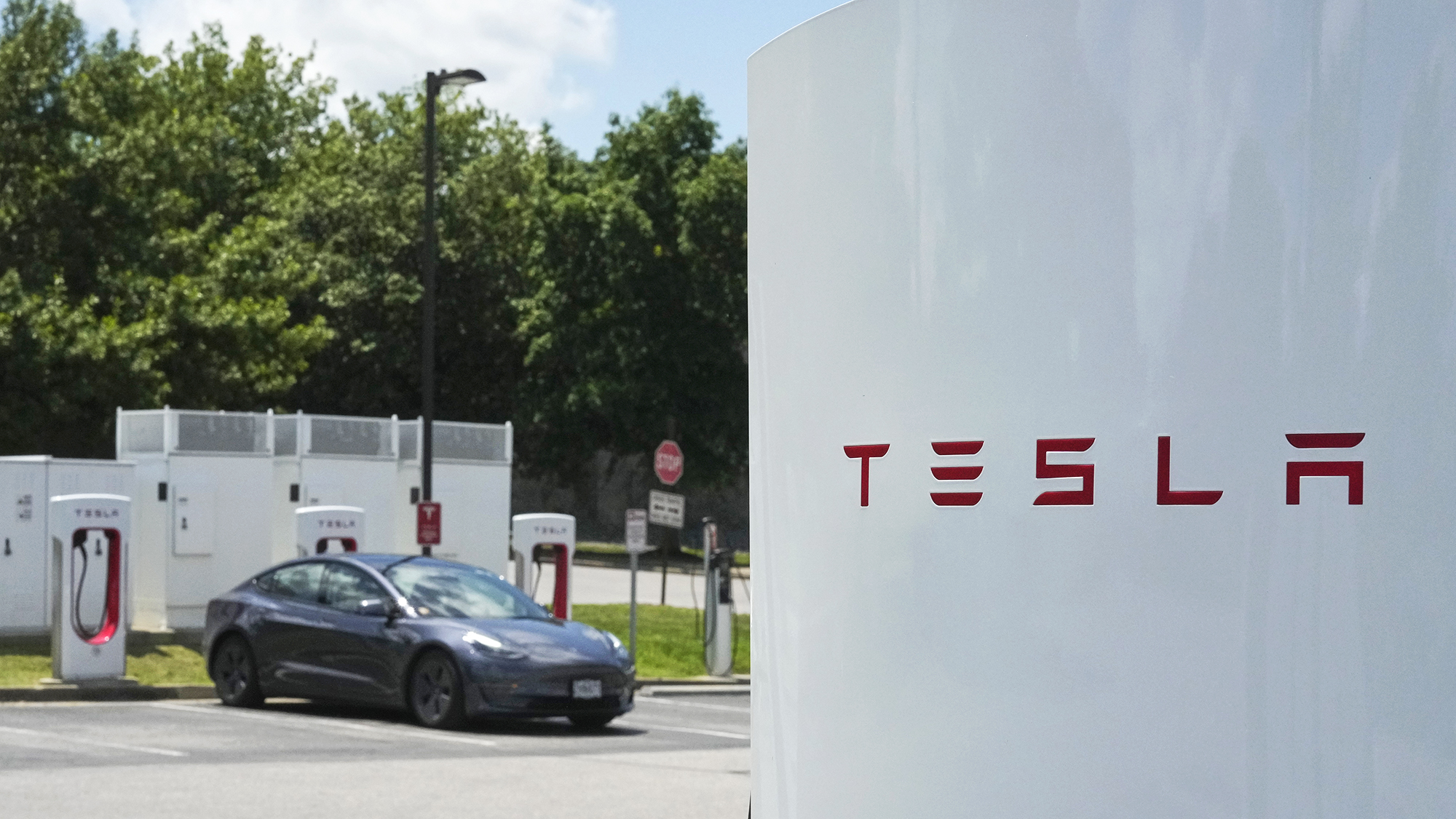 Tesla reports plummeting profits
Tesla reports plummeting profitsSpeed Read The company may soon face more problems with the expiration of federal electric vehicle tax credits
-
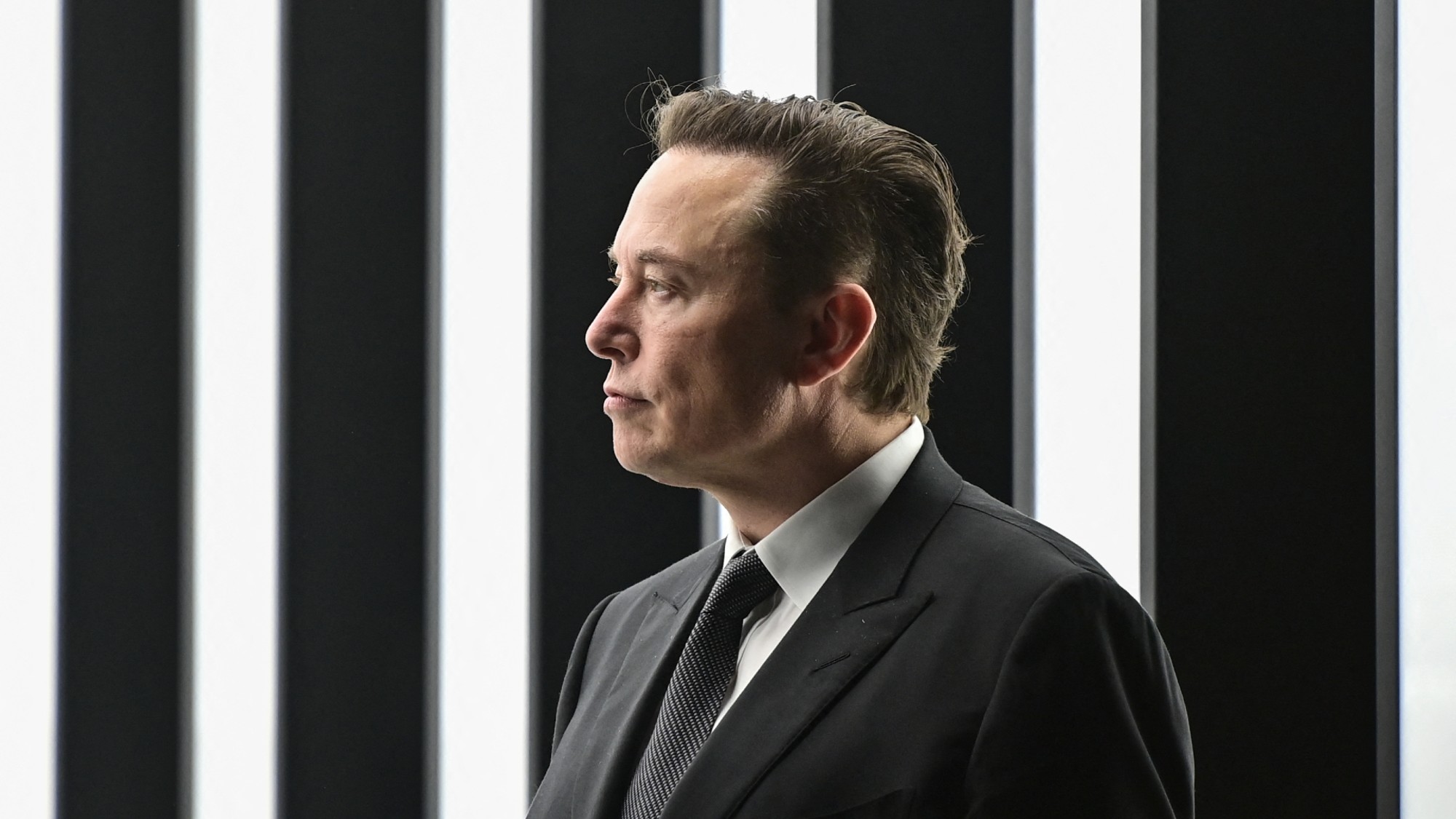 How could Tesla replace Elon Musk?
How could Tesla replace Elon Musk?Today's Big Question The company's CEO is its 'greatest asset and gravest risk'
-
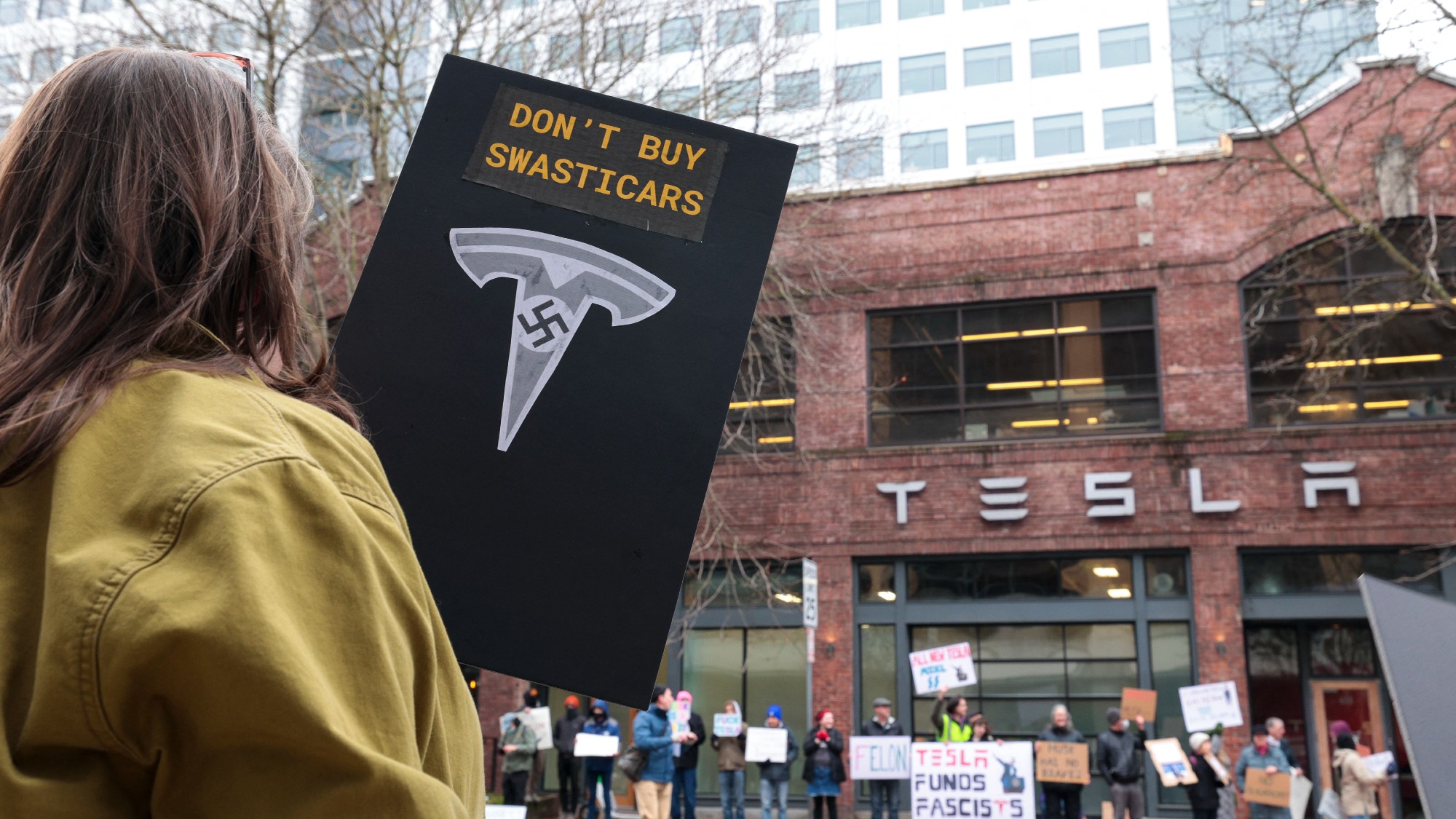 Elon Musk: has he made Tesla toxic?
Elon Musk: has he made Tesla toxic?Talking Point Musk's political antics have given him the 'reverse Midas touch' when it comes to his EV empire
-
 What does Musk's 'Dexit' from Delaware mean for the future of US business?
What does Musk's 'Dexit' from Delaware mean for the future of US business?Talking Points A 'billionaires' bill' could limit shareholder lawsuits
-
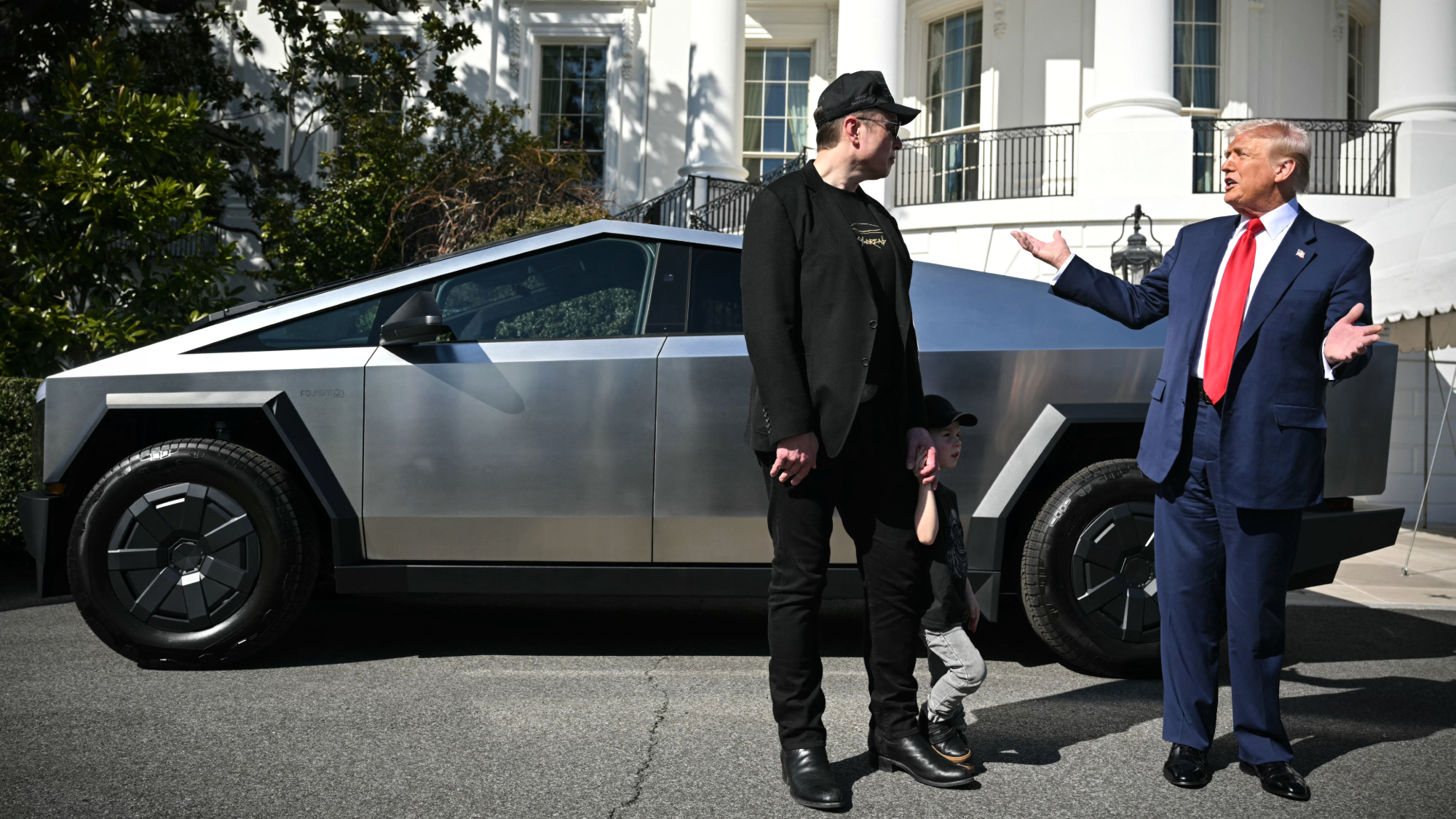 Tesla Cybertrucks recalled over dislodging panels
Tesla Cybertrucks recalled over dislodging panelsSpeed Read Almost every Cybertruck in the US has been recalled over a stainless steel panel that could fall off
-
 Penny-pinching: Elon Musk looks at the cent to cut costs
Penny-pinching: Elon Musk looks at the cent to cut costsIn the Spotlight Musk's DOGE claims that millions can be saved if production on pennies is slashed
